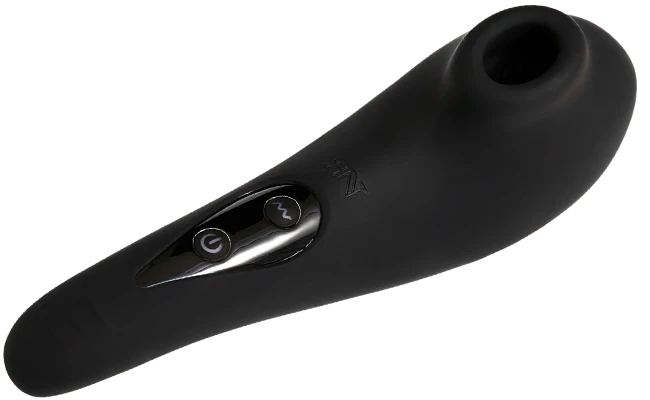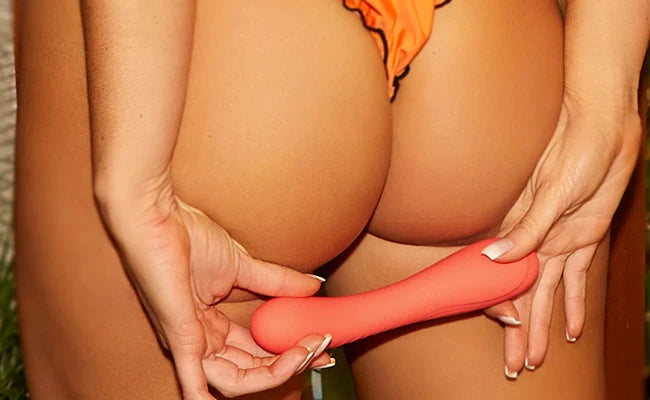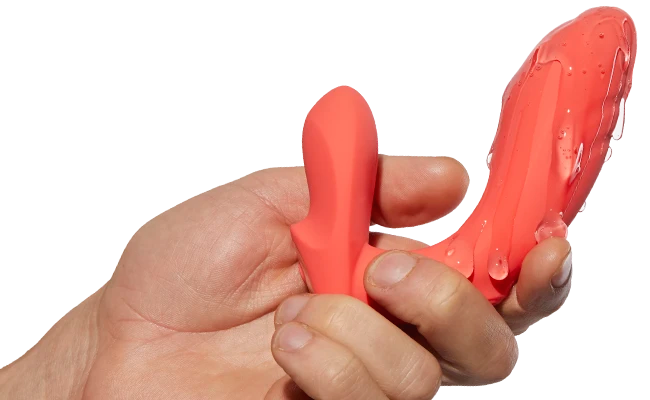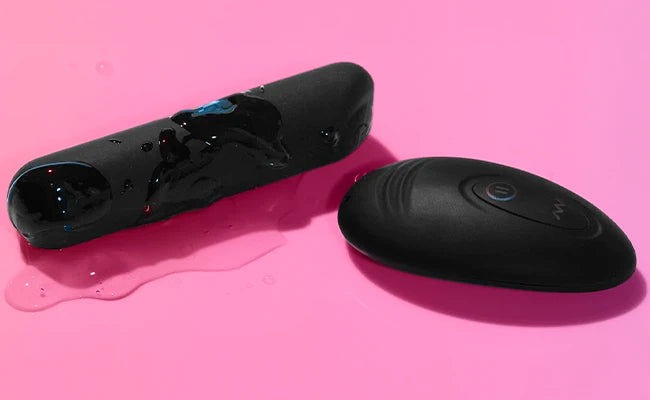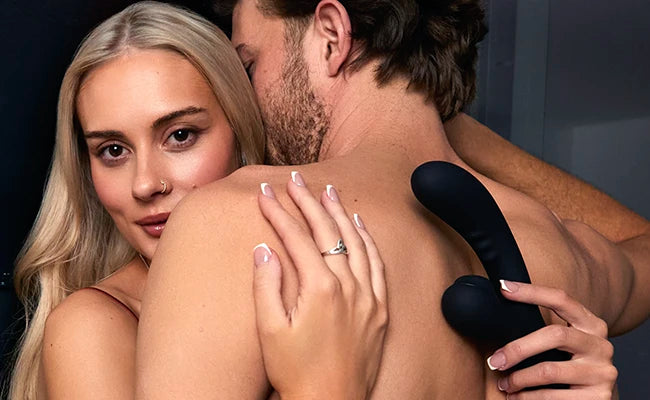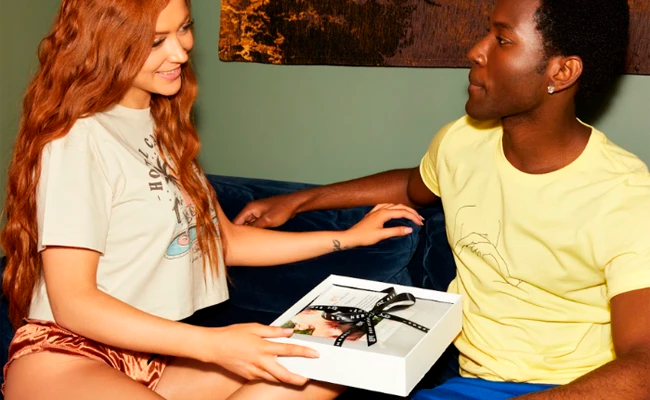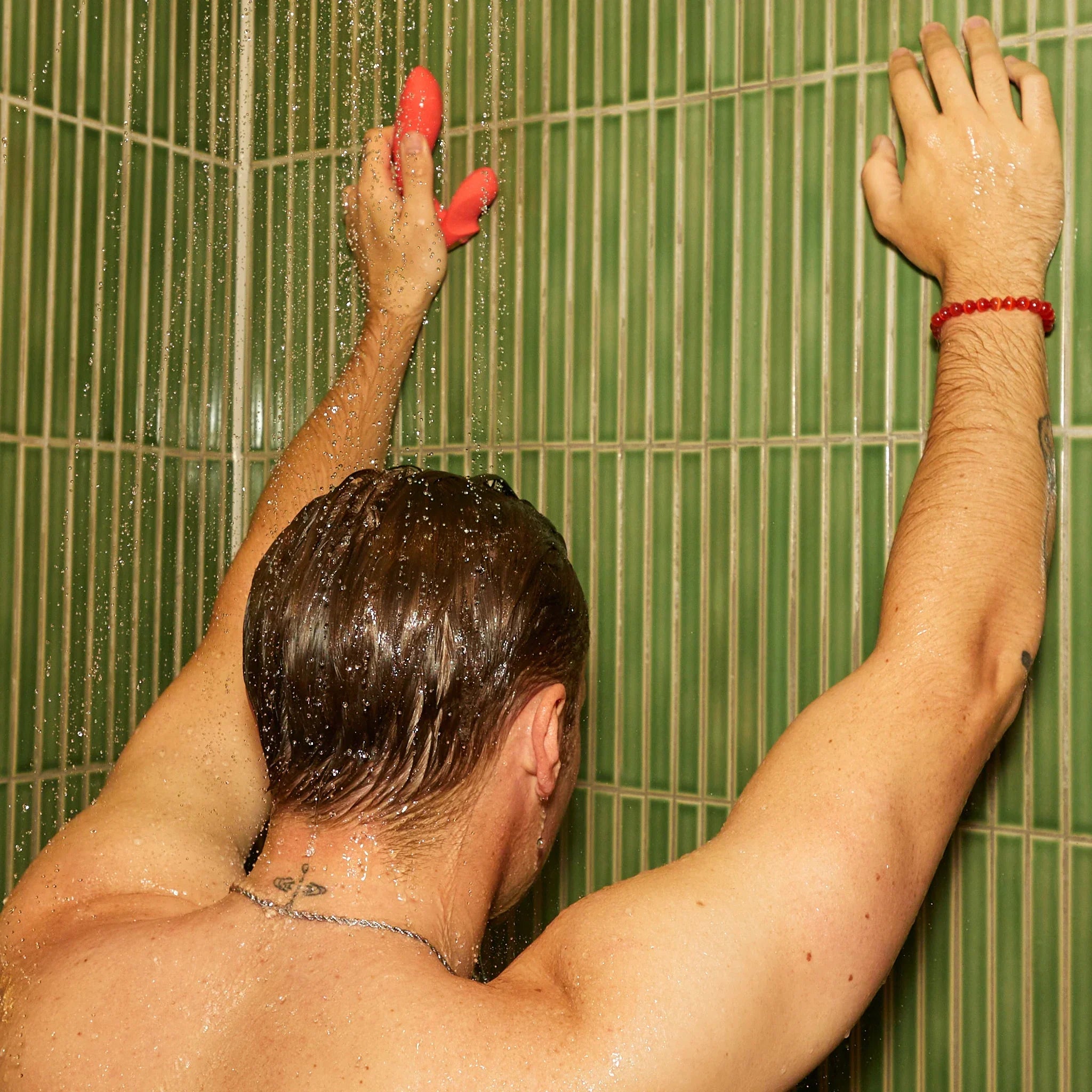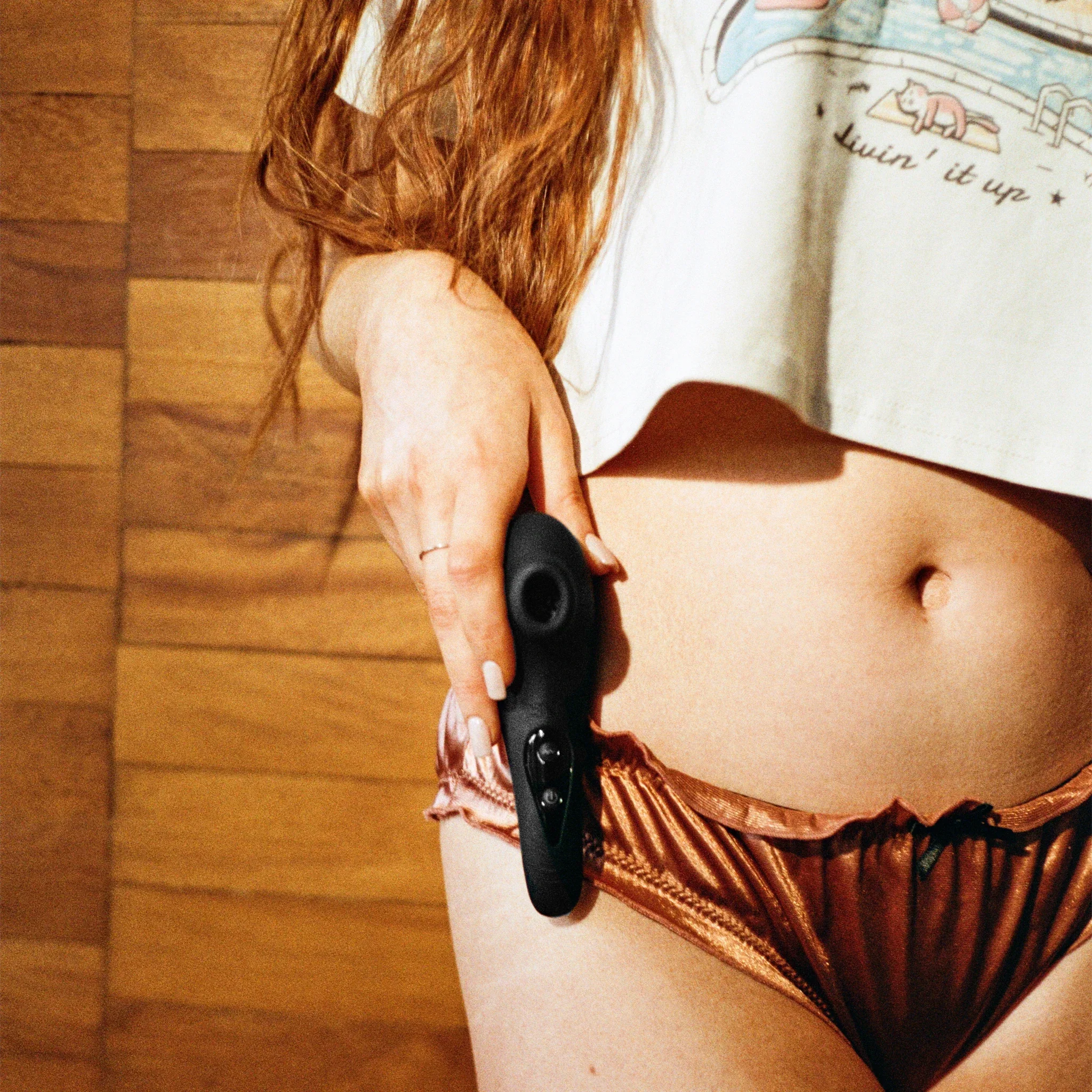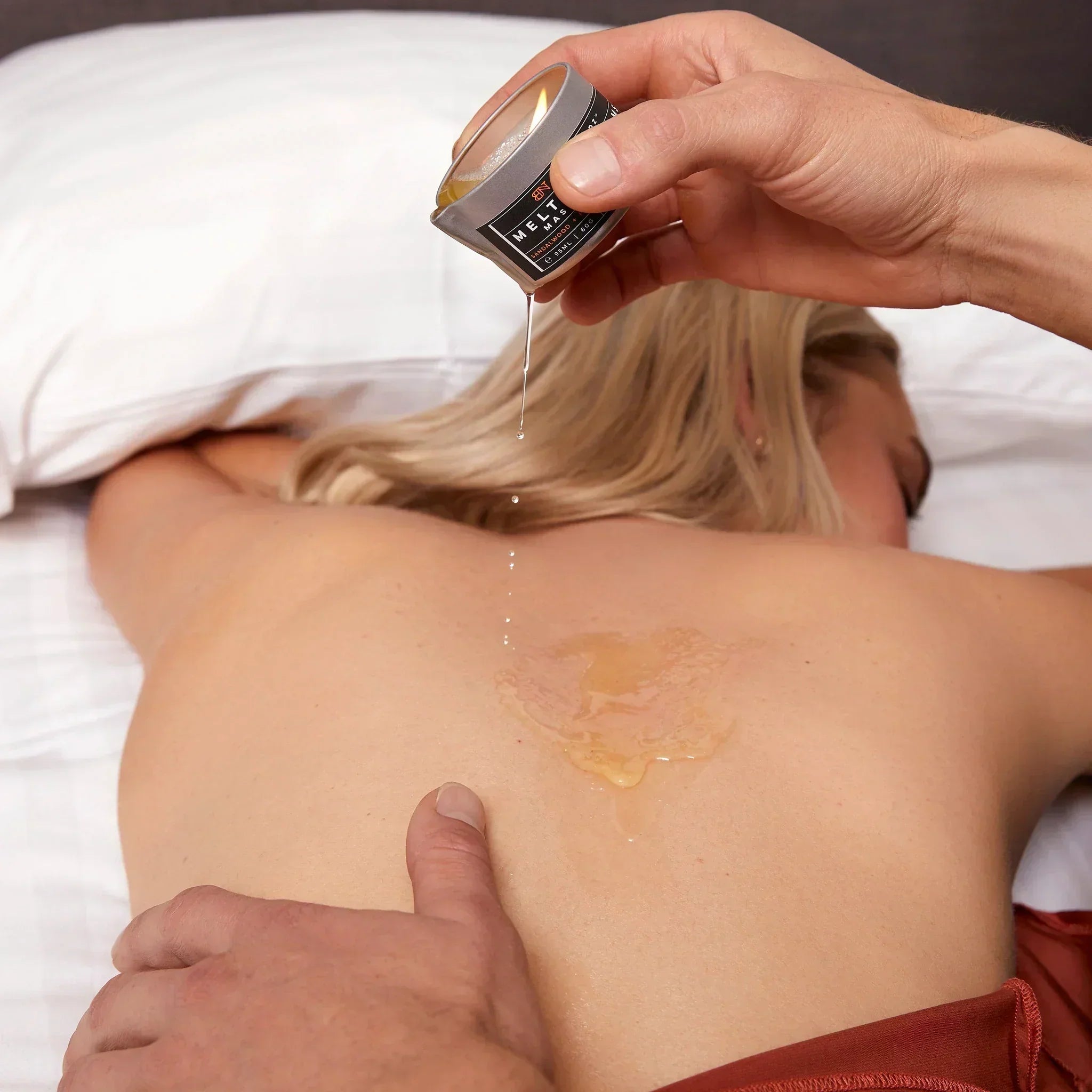
Not Feeling It? Why Your Libido Changes (And Why That’s Normal)
Libido, often called our sex drive in today's society, is still a missing piece in most people's sex education. What exactly is it? How does it work? And why does it sometimes seem to vanish without warning?
The truth is, libido isn't just about sex; it's not a drive, and there are definitely some ways you can start to reconnect with yours. Together, we'll explore why your libido changes, why that's totally normal, and some fun ways to reconnect with pleasure when you're just not feeling it. But let's start with why we need to stop calling it a 'sex drive.'
The word drive makes it sound like sex is a machine, something that should run at full speed all the time, and if it doesn't, then something's wrong. In reality, our libido ebbs and flows throughout our lives because of changes in our hormones, emotions, stress, connection, and even how much sleep we've had. Framing it as a rigid 'drive' only fuels pressure and shame, when in fact it's entirely natural for desire to shift.
Now, if you've ever wondered why one week you're in the mood every night and the following week you'd rather watch Netflix and cuddle your dog, you're not broken. You're human. Here is why your desire for sex might change from week to week or throughout your life.
Why Your Libido Changes
1. Hormones
From menstrual cycles to testosterone dips to the effects of contraception or menopause, hormones are major players in our libido coming and going. Sometimes your body's chemistry is working with you, while at other times it's taking the night, week, or even month off. If you are worried, then speaking with your GP to check your hormones can support you on your journey to a better understanding of your body.
2. Stress & Mental Health
When your brain is juggling deadlines, money worries, or emotional stress at work or in the home, it can put sex at the bottom of the list and your body in a state of fight, flight or freeze. Stress is one of the biggest libido killers, and getting to the root of what's going on for you mentally and emotionally is key. Once you begin to release some of that pressure, whether through rest, therapy, journaling, movement, or conversations with your partner, you create more space for desire to return naturally. Remember, your body isn't broken; it's just asking for care before it can shift back into pleasure mode.
3. Relationships & Connection
Sometimes your sex drive isn't about your body at all; it's about the quality of your relationship. When intimacy feels distant, desire often does too. And by intimacy, we don't just mean sex. It's the little moments of connection, closeness, affection, and support that happen outside the bedroom. If care and attention are missing in your day-to-day life together, it's no surprise that physical intimacy feels harder to reach. Safety, connection, and touch are the stepping stones that guide the body into desire; without them, sex can feel like climbing a mountain.
4. Medication & Health Factors
Another factor contributing to a lower libido is the use of medications like antidepressants, painkillers, blood pressure meds, and even chronic conditions. It's worth consulting your doctor if you notice any ongoing changes or feel like you don't fully understand ways in which your medication might be affecting your desire for sex. It's also important to be mindful of alcohol use and your health and fitness. This isn't just about the effects of what alcohol or the lack of movement can do to your body, but also how you feel about yourself and your body image can have an impact on your desire for intimacy and sex.
Libido Fluctuations are Normal
Your libido will be unique to you; it's a reflection of your body and mind in real time. It's okay if your desire for sex isn't consistent; it's not meant to be. Desire ebbs and flows, and learning to listen to your body is often the most empowering step and the key? Don't panic if you're not "feeling it." Instead, get curious. Sometimes your body needs rest, connection, or a different kind of stimulation.
The good news is, there are ways to support your libido and keep pleasure on the menu, even during those dips.
Touch without pressure.
Take the pressure of "sex" off the table and give yourselves permission to simply enjoy touch again. Try a joint sensual massage with your partner—no expectation for it to lead anywhere—just connection, relaxation, and rediscovering each other's bodies. Light our Melted Dreams Massage Candle to infuse the moment with warmth and sensuality, turning touch into a truly intimate experience.
Use lubricants
Sometimes a low libido is really low comfort, or things feel a little different because of hormonal changes. A high-quality lube can turn 'meh' into 'mmm'. If sex doesn't feel good, your body will remember—and that memory can make desire even harder to spark next time.
Explore solo play
Learning to reconnect with your body on your own terms with zero pressure isn't just about exploration, but it can really help you feel sexy, safe and satisfied again. It might be the very thing you need to light that spark again before taking that energy into your relationship. Try exploring some new sensations and having a little fun by introducing a toy like Cali, designed to go wherever the mood strikes or Joey, the cock ring that boosts stamina and leads to longer, more explosive orgasms.
You Are Not Broken!
Not feeling it doesn't mean something's wrong with you. It means your body is communicating, and that's worth listening to. Desire changes, and that's okay. The real win is knowing how to be curious about what's going on for you in those moments, whether that's with rest, intimacy, or the right toy to spark curiosity again.

